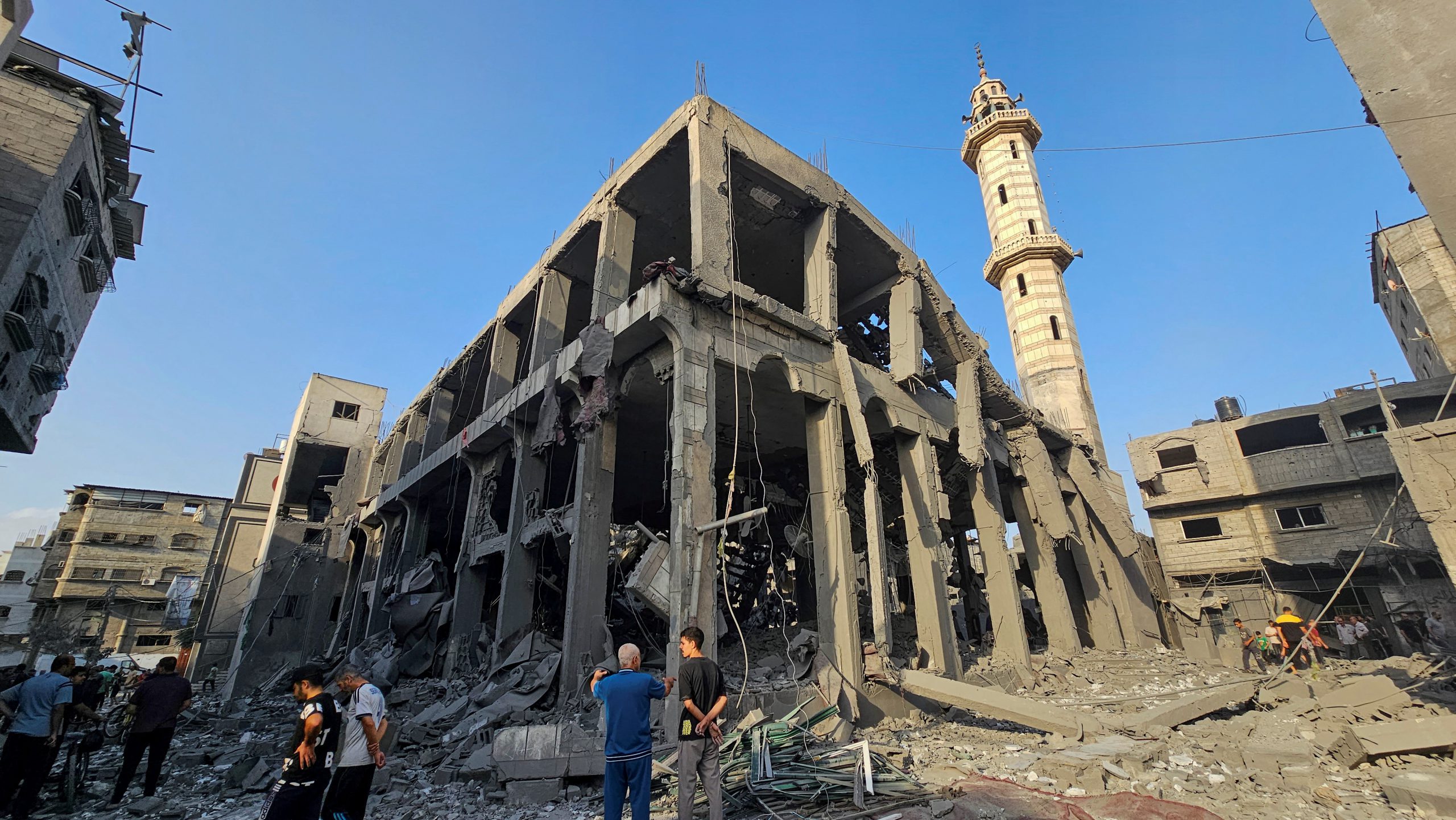Horrors inside the Taliban prisons: Sexual Abuse, Electric Shocks and Burning Body Parts
Some ladies spent a full day alone in dank, gloomy cells. They were whipped by the guards until they fainted.
Taliban performs some of the most brutal torture methods to extract confessions, that include electric shocks, teeth drilling, hanging from ceiling, sleep deprivation and burning body parts.
According to KabulNow, Arbitrary detentions are a typical occurrence under Taliban leadership. Many people are jailed because they allegedly collaborated with opposition organizations or worked for the former government.
“The Taliban carried out arbitrary detentions, torture, and summary executions of former security officers and perceived adversaries, including security employees in the former government”, according to a Human Rights Watch report from 2022.
At the discretion of Taliban’s General Directorate of Intelligence’s (GDI), people can be detained and punished for a variety of purported offences, including moral deviance, social and political activism, and affiliation with opposition groups.
The prisoners are tortured physically and mentally through beatings, electric shocks, and other means while housed in packed, filthy quarters. They are kept segregated and denied access to their family or legal counsel.
Thousands of people have been incarcerated, tortured, and occasionally killed over the past 15 months on a variety of largely baseless allegations, sometimes just to instill further fear and intimidation.
Afghanistan’s Human Rights Organization Rawadari published a report recently. The report states, “Taliban have illegally and arbitrarily arrested and detained at least 1976 persons in 29 provinces of Afghanistan between 15 August 2021 and 15 November 2022, including 1836 men, 136 women, and 4 children”.
Families have frequently received the dead bodies of their loved ones. They claimed that the Taliban’s preferred forms of torture to elicit confessions were electric shocks, teeth-drilling, hanging from ceilings, sleep deprivation, and body-part burning.
Mohammad (not his real name) spent 13 days in captivity after being charged with working with the National Resistance Front (NRF), an armed organization opposed to the Taliban. He admitted that he was tortured daily, according to KabulNow.
“They attached wires to my hands and feet and gave me electric shocks. The handcuffs had wires attached to them too”, he said. “I felt my arms were coming off my shoulders”, Mohammad added.
“I had nothing to confess to. But I knew false confession wouldn’t ease the torture. It would mean certain death”, Mohammad said.
After being imprisoned for 36 days, Mohammed was freed.
One of the women detained outside a bakery in the western city of Herat was Leila (not her real name). They were made to sign on blank sheets and charged with “moral corruption” and prostitution. After several months of detention, they were freed.
Leila claimed that female detainees were housed in cramped, small quarters without sanitary pads, blankets, or appropriate attire. Additionally, they didn’t receive enough nourishment.
Another woman said that she was often tortured. The abuse intensified when she resisted rubbing a prison guard’s penis. She claimed, “They beat me daily and called me names.”
Some ladies spent a full day alone in dank, gloomy cells. They were whipped by the guards until they fainted.
Some inmates can only be freed when their families have made a sizable financial contribution. However, some inmates are never freed alive despite the money and property their relatives have paid, especially those that the GDI has detained.
Ghulam Eshan and Noor Mohammad, who had been imprisoned and tortured for four days, passed away in a hospital in the Panjshir province on October 25, 2022. Salahuddin died in Taliban torture on October 11th, 2022, while Abdul Moneer, a shepherd, died on June 5th, 2022, both while in Taliban prison.
UN General Secretary Antonio Guterres stated that the Taliban had carried out extrajudicial executions and arbitrary detentions in Afghanistan, particularly in Panjshir province, in his organization’s quarterly report on the country in December 2022.
“UNAMA documented 69 extrajudicial killings, 14 arbitrary arrests, and detentions, and 6 instances of torture and ill-treatment of individuals accused of affiliation with the National Resistance Front, primarily in Panjshir Province, where at least 48 extrajudicial killings between 12 and 14 September were recorded in Dara and Khenj districts”, the report stated.
According to Human Rights Watch’s World Report 2023, “Taliban security forces throughout the year carried out arbitrary detentions, torture, and summary executions of former security officers and perceived enemies, including security personnel in the former government or alleged members or supporters of the armed group Islamic State of Khorasan Province (the Afghan affiliate of the Islamic State, known as ISKP)”.
Mohammad Yousuf Mistery, the Taliban’s general director of prisons, stated that the organization held “more than 12,000 people” in detention in a January 2023 interview with BBC Afghanistan.



